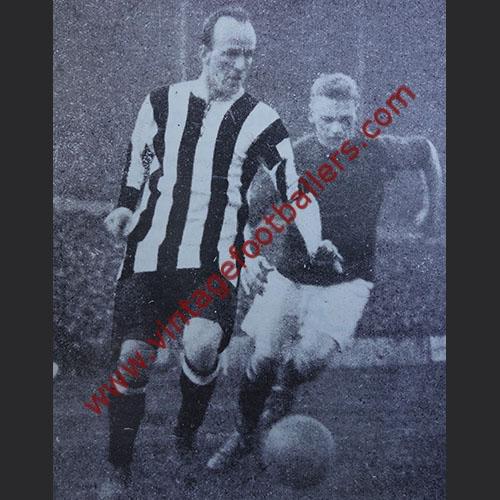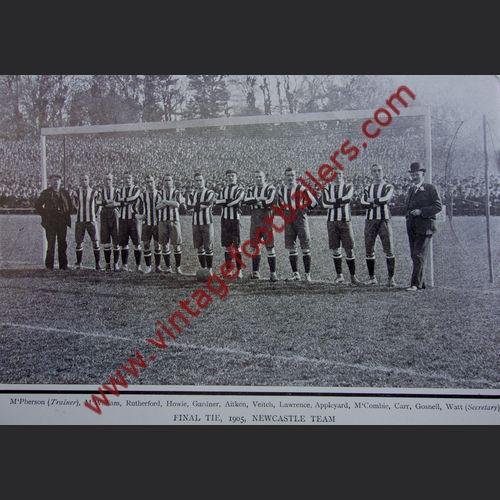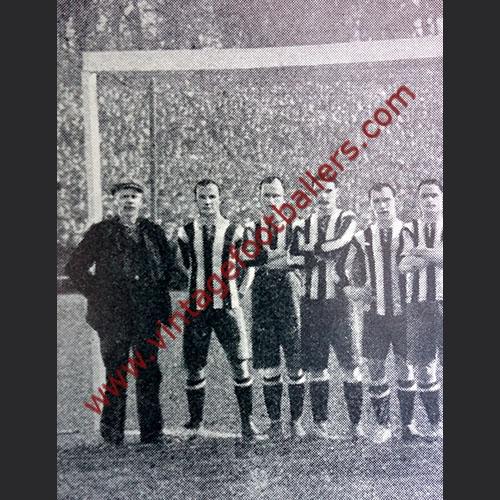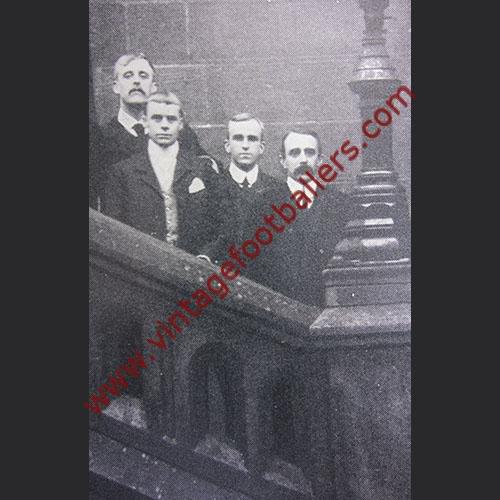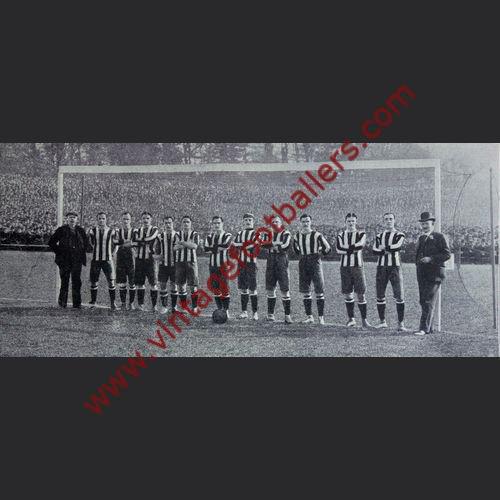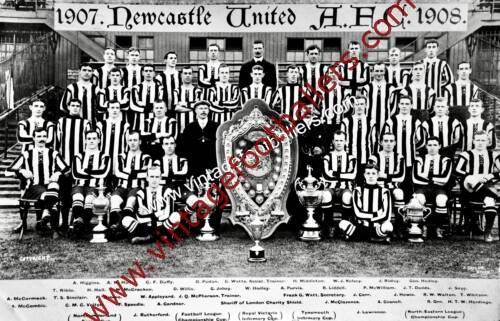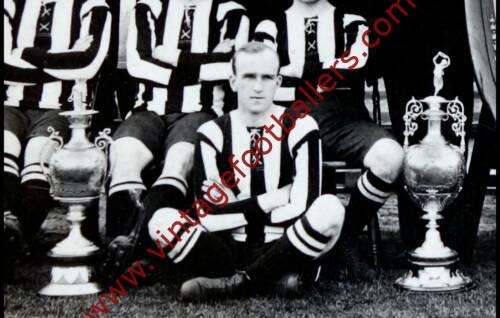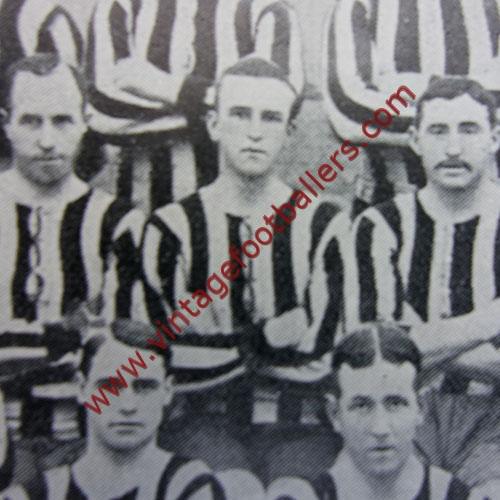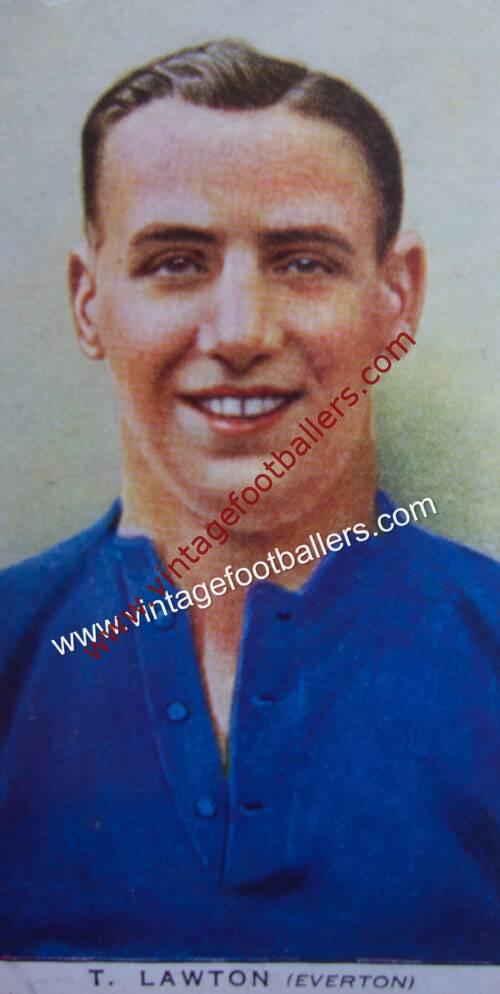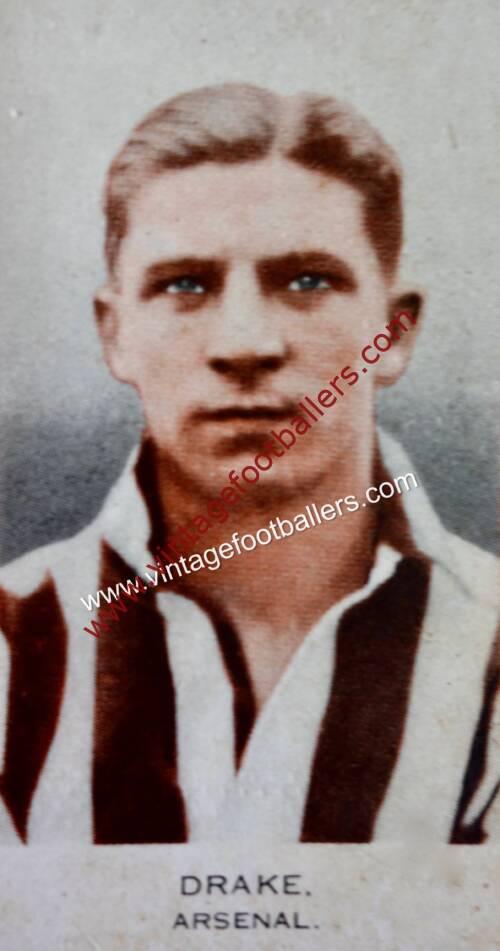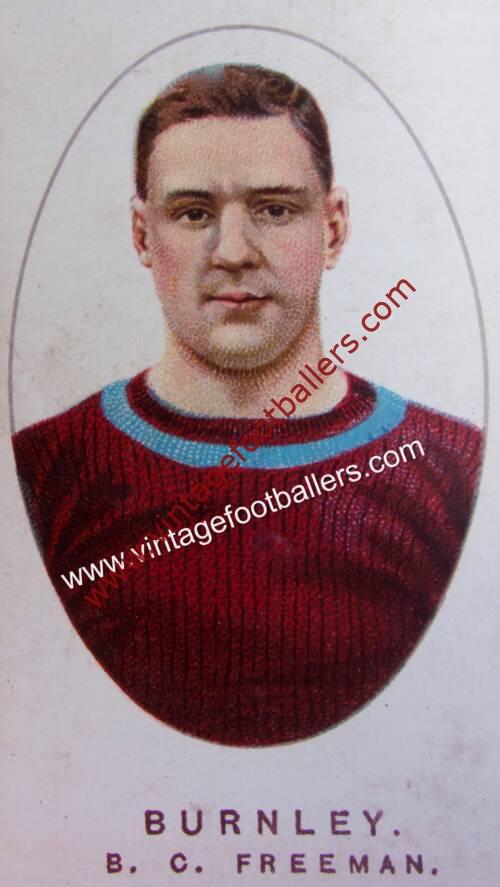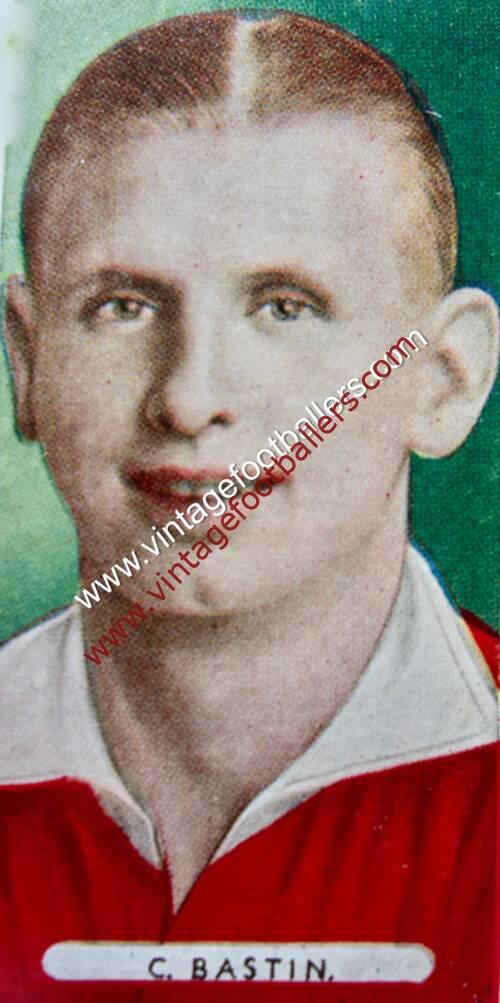Please choose your photo size from the drop down menu below.
If you wish your photo to be framed please select Yes.
Note: 16″x 20″not available in a frame.
Images can also be added to accessories. To order please follow these links
£8.95 – £49.95
Please choose your photo size from the drop down menu below.
If you wish your photo to be framed please select Yes.
Note: 16″x 20″not available in a frame.
Images can also be added to accessories. To order please follow these links
Born in Percy Main, North Shields, Northumberland, winger Jock Rutherford was known for his longevity; he played nearly six hundred Football League and FA Cup matches, despite four seasons of football being cancelled due to World War I. He started his career at Newcastle United, having joined them in January 1902 from Willington Athletic after starting with his local junior club Percy Main in 1899, making his Football League debut in 1902 against Bolton Wanderers in March 1902, scoring in a 4-1 victory. Nicknamed “the Newcastle flyer”, he spent ten seasons with The Magpies as a right winger renowned for his pace and close control. Newcastle were a dominant force at the time; Rutherford picked up three First Division Championship medals in 1905, 1907 and 1909, and played in five FA Cup finals (1905, 1906, 1908, 1910 and 1911) although Newcastle only won the 1910 final against Barnsley, winning 2-1 in a replay after a 1-1 draw; Rutherford himself scored the equaliser in the first match, in the very last minute of normal time.
Rutherford also played for England regularly, making his debut against Scotland at Celtic Park in a 1-0 England victory on 9th April 1904, but didn’t win his next cap for another 3 years until he faced Ireland at Goodison Park in February 1907. He went on to win eleven caps for his country and score three goals, making his last appearance against Bohemia in Prague (a country that technically did not exist at the time) in the June 1908 of Austria, Hungary and Bohemia which saw him score against all 3 nations.
At the start of the 1913-14 season, Rutherford fell out with the Newcastle management over his wages, and he was promptly sold to Woolwich Arsenal, who had just been relegated to the Second Division, after 94 goals in 336 appearances. He made his Arsenal debut against Nottingham Forest on 1st November 1913, he scored twice in a 3-2 win, and quickly became a regular at the side. When the First World War broke out, Rutherford continued to guest for Arsenal in wartime matches, and despite being 35 when first-class football resumed in 1919, he continued to play regularly for Arsenal (who had been promoted back to the First Division) for another four seasons.
In March 1923 Rutherford was approached by Stoke, who had heard that he interested into moving into management. There were testing times for Stoke who after being promoted to the First Division the year before were now four points adrift at the bottom of the table with one win in 11. So it seemed perfect timing for Rutherford, at the age of 38 he was being offered not only the chance to take over the reins of a First Division club but to continue playing in a player-manager role, an offer he found too good to refuse. It was only when he arrived at the Victoria Ground on 3rd April that he realised what poor condition the club was in. With five games of the 1922–23 season left, Stoke needed to win four to have any chance of staying up. It didn’t happen and Stoke suffered relegation to the Second Division but there was optimism that an instant return could be had with Rutherford in charge.
But a strange set of circumstances led to his swift departure. Firstly his old club Arsenal held a retirement party for him where he was presented with a silver tea set. But instead of the party and gift acting as closure with Arsenal, it merely served to reacquaint him with former friends. Then he was involved in a car accident which left him unable to return to Stoke-on-Trent for the start of the 1923-24 season. Then the saga took a bizarre twist: as Stoke were still waiting him to return to the club, Rutherford instead quit and re-signed as a player for Arsenal. In total, he was in charge of Stoke for just four weeks, making him the club’s shortest-serving manager.
The 39-year-old Rutherford re-signed for Arsenal in September, and played over twenty matches in each of the next two seasons. He retired in the summer of 1925, but found the temptation to play football too much, and promptly signed for Arsenal for a third time in January 1926, and played for the remainder of that season. He played his final match for the Gunners against Manchester City on 20th March 1926, at the age of 41 years and 159 days. With that, Rutherford set a record, as Arsenal’s oldest ever first-team player, which still stands to this day.
Rutherford left Arsenal for the final time in the summer of 1926; in all, he played 232 matches and scored 27 goals for the club. He spent a single season at Clapton Orient before finally hanging his boots up in 1927 making 9 appearances. In 1928 he came out of retirement and signed for non league Tunbridge Wells Rangers, playing in only one game in the FA Cup.
His brothers, Sep and Bob, were also professional footballers, Sep also scoring in the 1934 Cup Final for Portsmouth, and his son, John was on Arsenal’s books at the same time as his father, but he only ever played one League match for the club. His great-grandson, Greg Rutherford is the 2012 Olympic long jump champion.
This superb image was published on a postcard published before the FA Cup Final at The Crystal Palace on 15th April 1905, which Newcastle United lost 2-0 to Aston Villa, with both goals scored in either half by Harry Hampton. This was to be the first of four FA Cup Final appearances in 6 years, although they only managed to win it in 1910.
The team line up, from left to right, is:
Back Row – Andy Aitken, Billy McCracken, Bert Gosnell, Jimmy Howie, Jock Rutherford
Middle Row – Andy McCombie, Peter McWilliam, Ronald Orr
Front Row – Jimmy Lawrence, Jack Carr, Colin Veitch
In reality Billy McCracken, who played some of the games in April 1905 and was still a young player, and Ronald Orr didn’t play in the Final, Alec Gardner and Bill Appleyard, both not pictured, played. Regardless, it’s a beautiful image.
A similar postcard of the Aston Villa team was also published.
| Weight | N/A |
|---|
